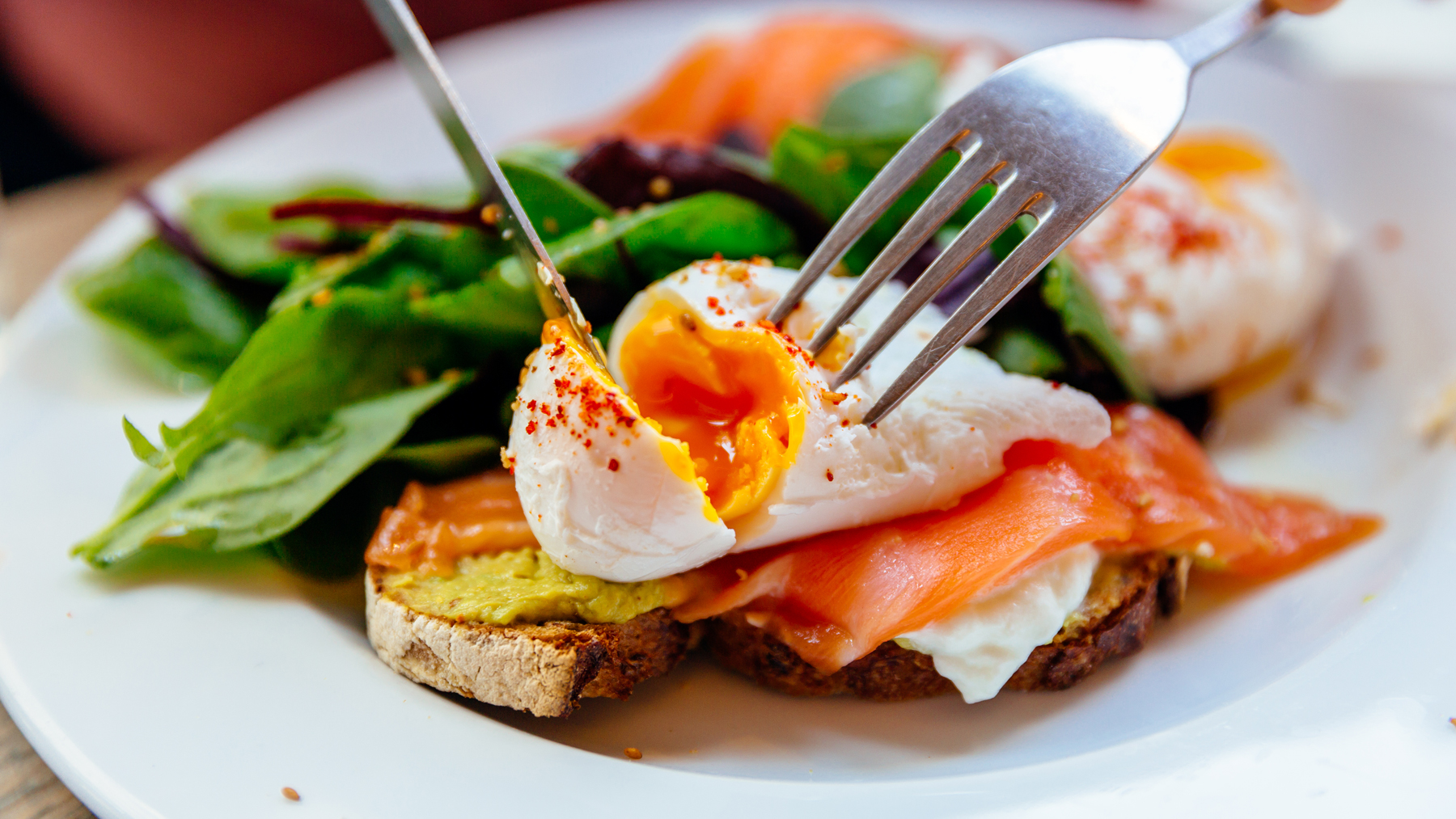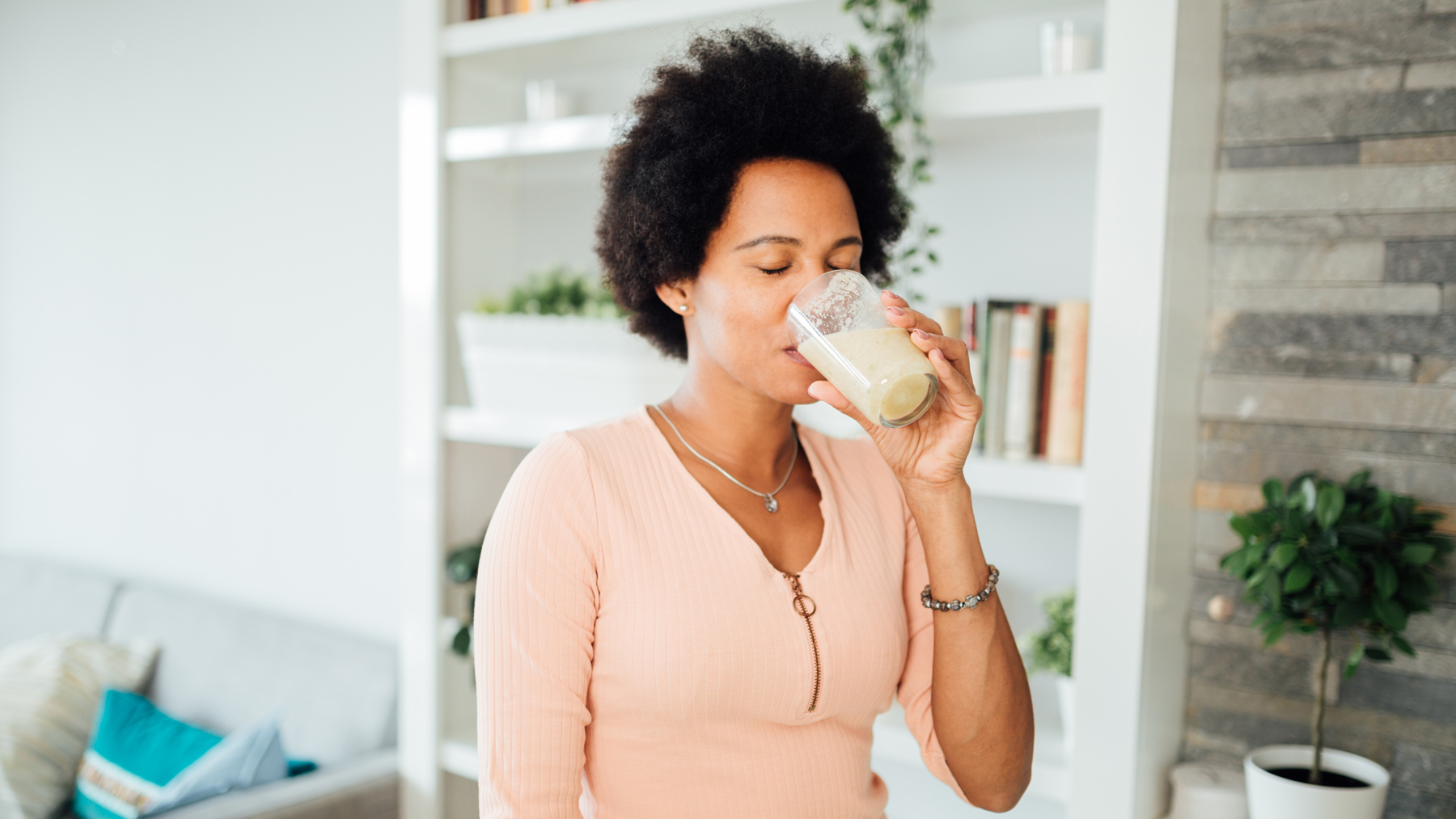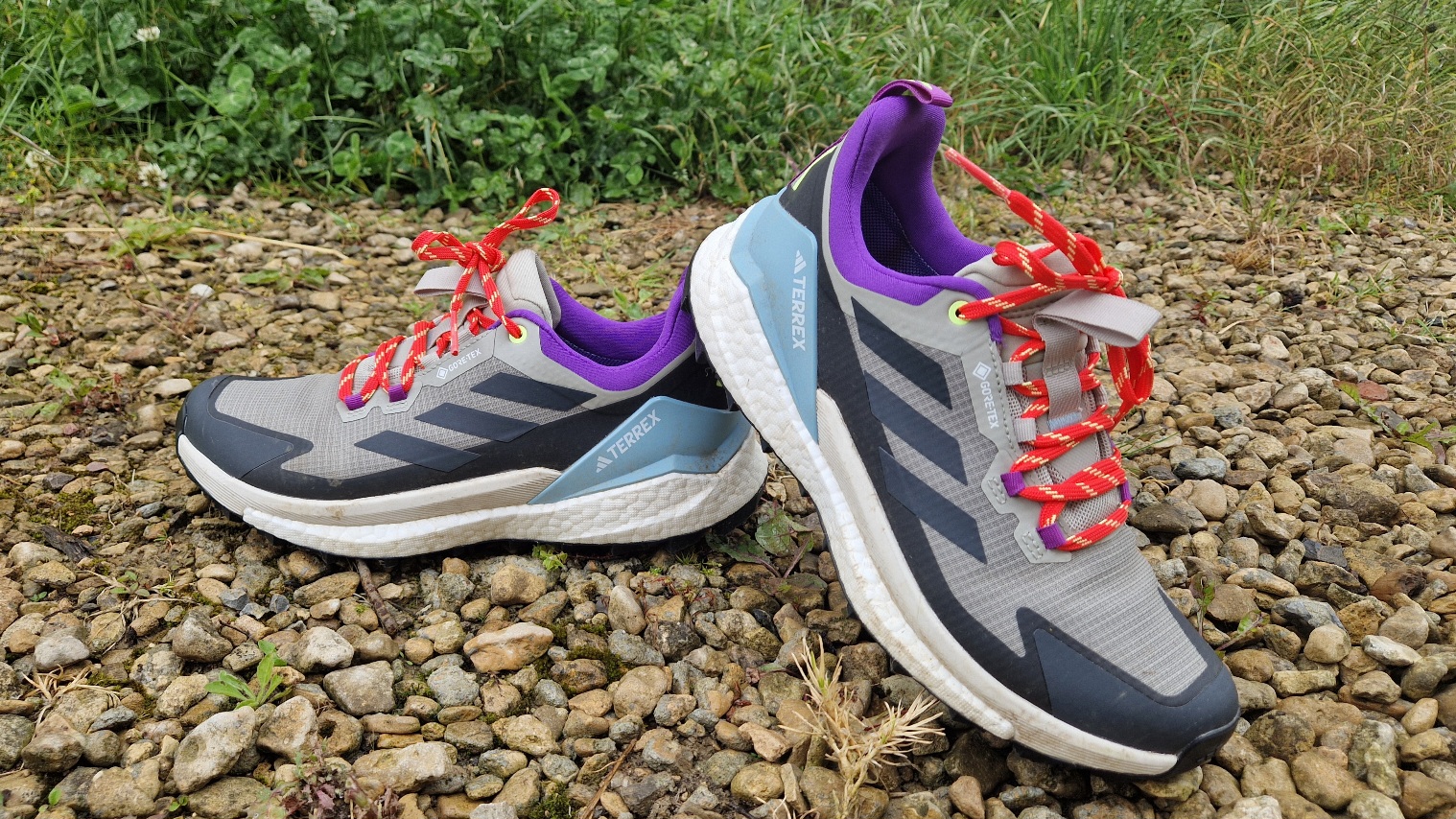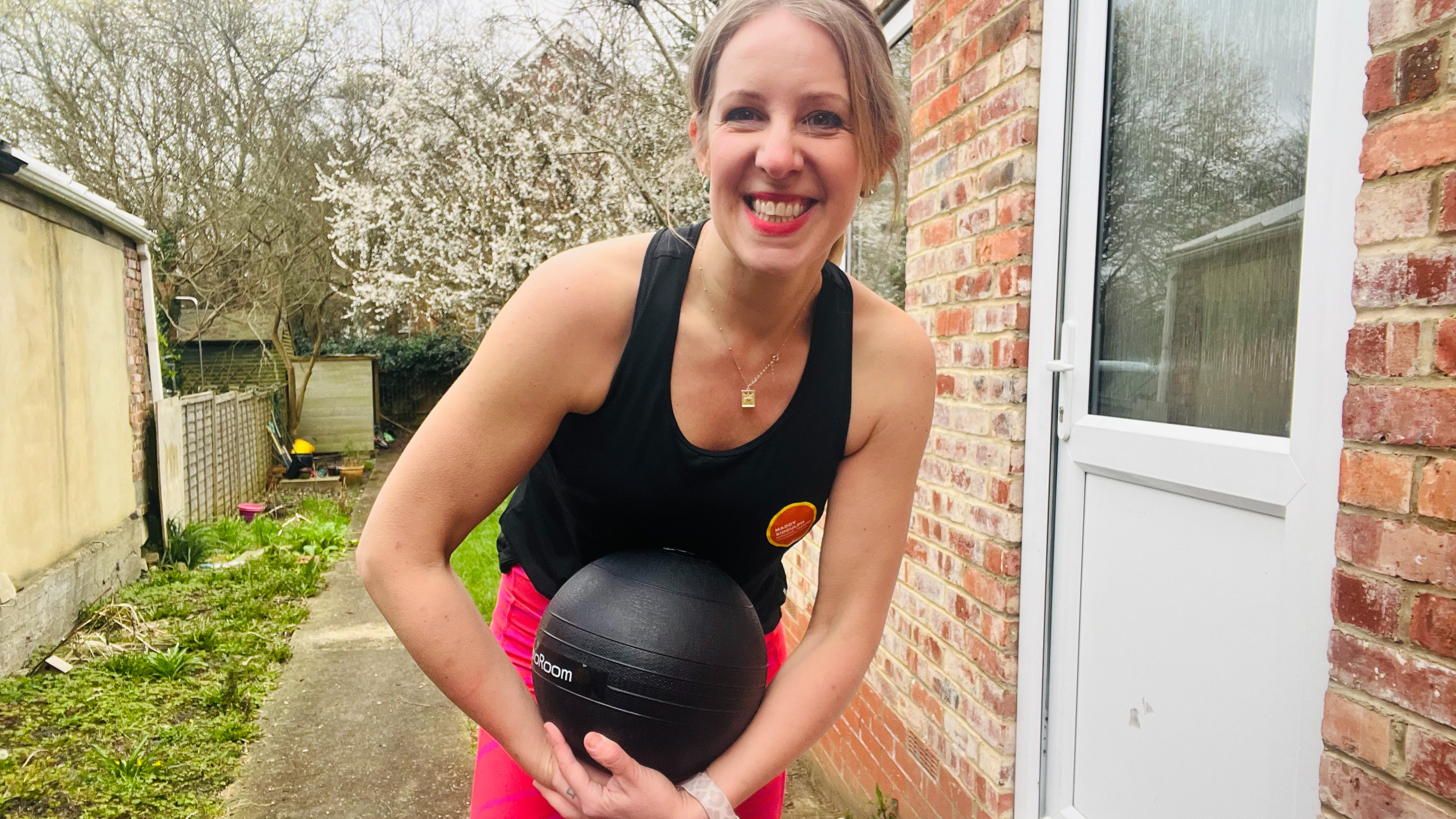Why protein is so important for menopausal women, according to a nutritionist
A registered nutritionist reveals the benefits menopausal women can experience from increasing their protein intake


Menopause isn't just a case of women no longer getting their period once they reach a certain stage of their life. There can be a lot of undesirable symptoms attached to it such as hot flushes, night sweats, and weight gain, which is all a result of an imbalance of hormones experienced during menopause.
Some women will undergo Hormone Replacement Therapy to treat extreme symptoms, others might start taking tablets such as the best menopause supplements.
Many women will feel like they gain weight more easily during and after menopause, especially around the abdominal area. Registered nutritionist Shona Wilkinson explained why having a more protein-rich diet can help with this.
Protein-rich foods tend to be more filling than other foods and are broken down and digested slower than carbohydrates, staying in your tummy for longer. When eaten with a source of carbs, the protein also helps to slow down the rate at which the carbohydrate is digested.
"This means that you get a more even, steady supply of energy and are less likely to have cravings for sugary or carb-rich foods later on," said Wilkinson.
Moreover, though some older women may not care for their muscle mass, this can impact things like weight gain. Muscle mass will decline during menopause but eating plenty of protein can help to maintain or improve muscle mass. With this comes more toned muscle, which can help maintain a good metabolism where your muscles burn more energy than fat, helping you limit weight gain.

Additionally, Wilkinson shares how the consumption of protein can provide building blocks to support our energy, metabolism, drive, and mood. Our bodies naturally break down protein into individual components known as amino acids and each amino acid performs specific roles such as providing the building blocks of hormones.
Get the Fit&Well Newsletter
Start your week with achievable workout ideas, health tips and wellbeing advice in your inbox.
"For example, the amino acid tyrosine is needed for your thyroid gland to make the hormone thyroxine, which keeps your metabolism up and makes sure you’re burning the right amount of energy.
"Tyrosine and phenylalanine are also needed to make adrenaline, the hormone that kicks in when the body requires a burst of energy. What’s more, tryptophan is used to make serotonin, the ‘happy hormone’ that can stop you from craving comfort foods," noted Wilkinson.
Eating too much protein can naturally lead to weight gain if you go overboard with it but Wilkinson said that increasing your protein intake with just the right amount can lead to endless benefits. Women over 50 should aim to eat around 1 to 1.5 grams of protein per kilogram of their weight.
There are plenty of ways to get more protein in our diet and it doesn't all have to be via meat. You can source it in foods like boiled eggs, nuts, nut butter, legumes, beans, and lentils.
You can even throw some protein powder into a smoothie or your morning oats if you don't think your meals contain enough protein. Not all protein powders are for making you bulky and muscle building, you'll find alternatives in our roundups of the best protein powders for weight loss or the best protein powder for women.
Jessica is an experienced fitness writer with a passion for running. Her career in journalism began in local news and she holds a Masters in journalism. Jessica has previously written for Runners World, penning news and features on fitness, sportswear and nutrition.
When she isn't writing up news and features for Fit&Well covering topics ranging from muscle building, to yoga, to female health and so on, she will be outdoors somewhere, testing out the latest fitness equipment and accessories to help others find top products for their own fitness journeys. Her testing pairs up nicely with her love for running. She recently branched out to running 10Ks and is trying to improve her time before moving on to larger races. Jessica also enjoys building on her strength in the gym and is a believer in health and wellness beginning in the kitchen. She shares all of this on her running Instagram account @jessrunshere which she uses for accountability and for connecting with like-minded fitness lovers.
-
 This might be your last chance to get my favourite waterproof walking shoe, and it's 25% off
This might be your last chance to get my favourite waterproof walking shoe, and it's 25% offDeal These Adidas Gore-Tex shoes are the most watertight I've tested
By Lou Mudge
-
 I tried wall balls for 30 days and the results surprised me
I tried wall balls for 30 days and the results surprised meTry this fitness challenge to boost total body strength
By Maddy Biddulph